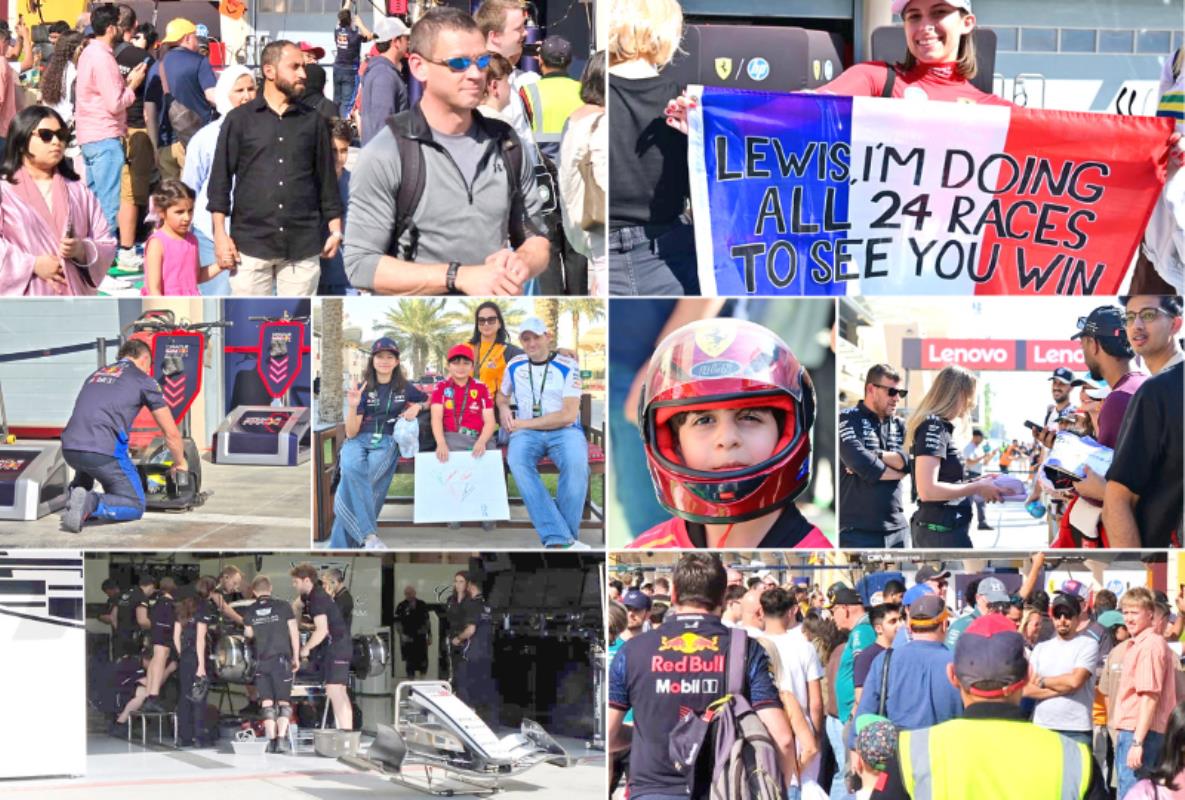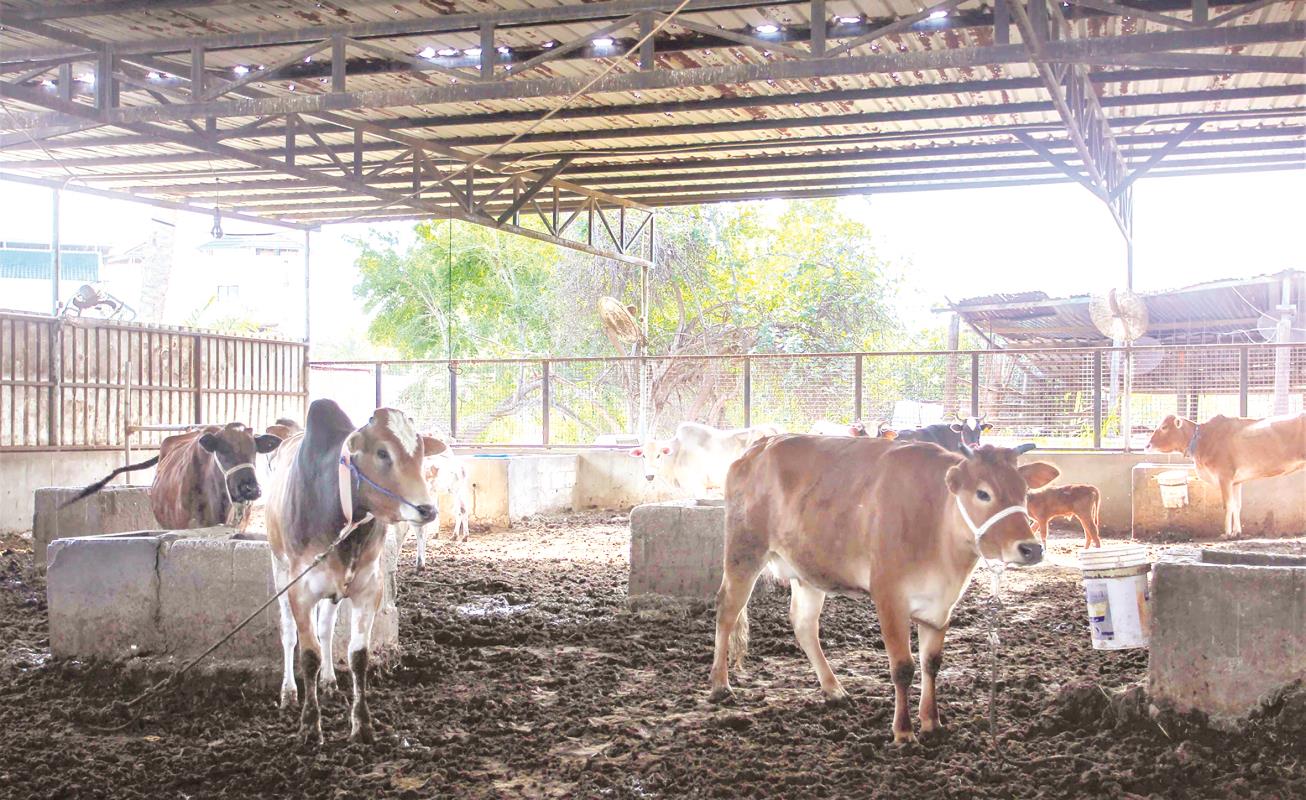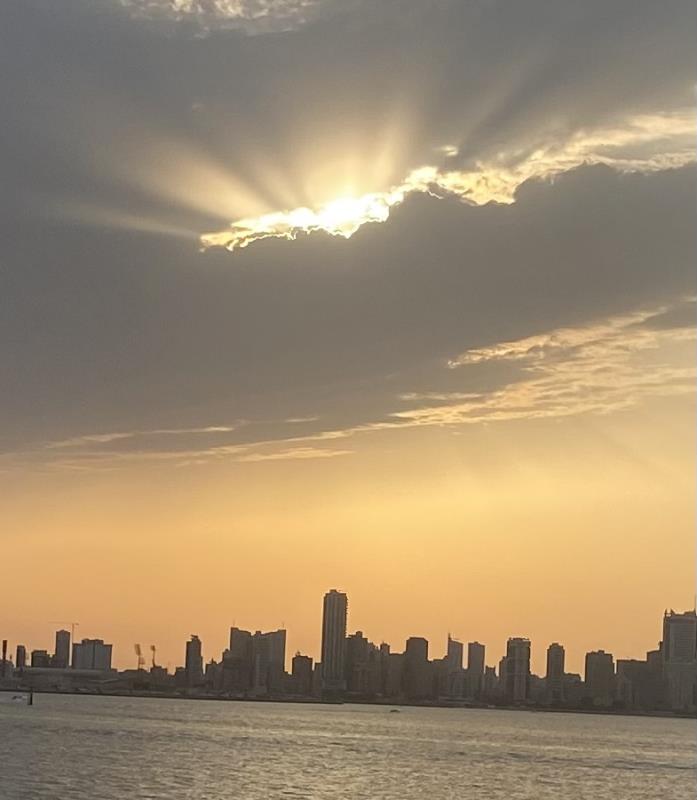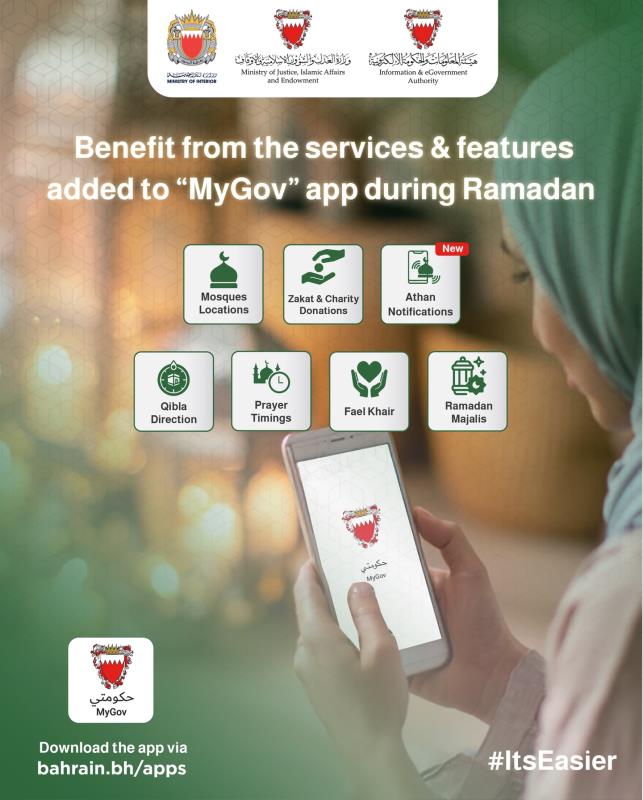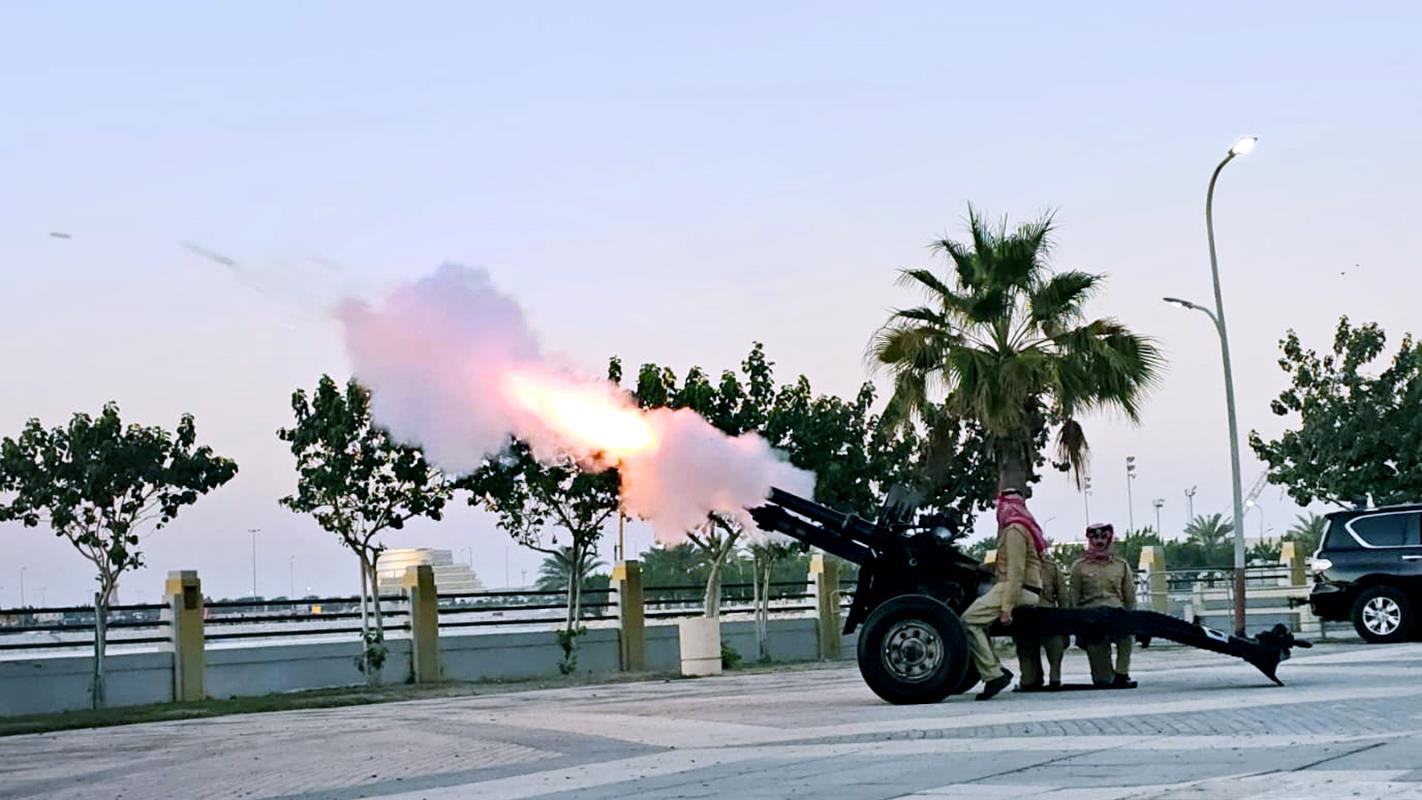
Addressing Traffic Congestion in Bahrain: Challenges and Solutions
Bahrain, an island nation known for its economic prosperity and modern infrastructure, is facing a growing challenge: traffic congestion.
As the population increases and urban development continues, the roads are becoming increasingly crowded, leading to frustration and inefficiency. While the government has plans for future infrastructure projects, immediate solutions are needed to alleviate the current traffic woes.
Understanding the Problem
Rising Population: Bahrain's population has been steadily increasing, resulting in more vehicles on the road.
Limited Road Infrastructure: The existing road network is not sufficient to handle the growing volume of traffic.
Economic Growth: As businesses expand, more people commute to work, further straining the transport system.
Potential Solutions to Control Traffic
While new roads and bypasses may be on the horizon, several strategies can be implemented immediately to manage congestion effectively:
1. Public Transportation Expansion
Investing in public transport can significantly reduce the number of cars on the road. Expanding bus services, introducing trams, or even metro systems can encourage commuters to opt for public transport over personal vehicles. Metro is good solution to reduce the traffic in peak hours.
2. Carpooling Initiatives
Promoting carpooling among residents can decrease the number of cars on the road. Government incentives, such as dedicated carpool lanes or reduced tolls, can encourage more people to share rides.
3. Traffic Management Systems
Implementing advanced traffic management systems using smart technology can help optimize traffic flow. Real-time traffic monitoring and adaptive traffic signals can reduce congestion during peak hours.
4. Infrastructure Improvements
While new roads may take time, improving existing infrastructure is crucial. Regular maintenance and upgrades to current roads, including adding turning lanes and improving intersections, can enhance traffic flow.
5. Encouraging Remote Work
Promoting flexible work arrangements or remote work can reduce the number of commuters during peak hours. This can help distribute traffic more evenly throughout the day.
6. Public Awareness Campaigns
Educating the public about alternative transport options and the benefits of reducing car use can foster a community-oriented approach to traffic management.
7. Implementing Congestion Charges
Introducing congestion charges for vehicles entering high-traffic areas during peak hours can discourage unnecessary trips and promote the use of public transport.
Conclusion
Traffic congestion in Bahrain is a pressing issue that requires immediate attention. While the government explores long-term infrastructure projects, a combination of public transport expansion, carpooling initiatives, and smart traffic management can serve as effective short-term solutions. By fostering a culture of shared transportation and improving existing roadways, Bahrain can pave the way for a more efficient and less congested future.
Yasir Shahzad







































